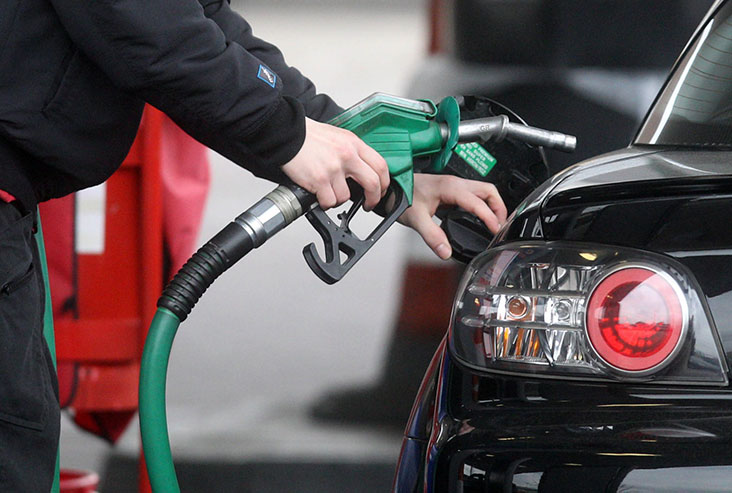


In today's rapidly evolving automotive industry, the future of petrol cars has become a subject of intense debate. As concerns about climate change and environmental sustainability continue to grow, electric vehicles (EVs) have emerged as a popular alternative to traditional petrol-powered cars. However, despite the rising popularity of EVs, petrol cars still have a future, albeit with certain challenges to overcome.
Firstly, it is important to acknowledge that petrol cars have come a long way in terms of efficiency and emissions reduction. With advancements in technology, modern petrol engines have become more fuel-efficient, emitting fewer greenhouse gases compared to their predecessors. Additionally, the infrastructure for petrol cars, including refueling stations and maintenance facilities, is already well-established, making them more convenient for consumers.
Furthermore, petrol cars still offer certain advantages over EVs in terms of range and refueling time. While EVs have made significant progress in terms of range, they still cannot match the long-distance capabilities of petrol cars. Additionally, refueling a petrol car takes a matter of minutes, whereas charging an EV can take significantly longer. These factors make petrol cars more suitable for long journeys and areas with limited charging infrastructure.
Another aspect to consider is the cost. Petrol cars are generally more affordable than EVs, especially when considering the purchase price and maintenance costs. EVs, although becoming more cost-competitive, still have a higher upfront cost due to the expensive battery technology. For many consumers, the lower price tag of petrol cars remains an attractive option, especially in emerging markets where affordability is a crucial factor.
However, it is essential to address the environmental concerns associated with petrol cars. Despite improvements in emissions, petrol vehicles still contribute to air pollution and carbon emissions. This has led to increased regulations and stricter emission standards in many countries. As the world shifts towards a greener future, petrol cars will face challenges in meeting these emission targets, which may impact their long-term viability.
Additionally, the development and adoption of EVs continue to accelerate. As technology advances and economies of scale are achieved, EVs are becoming more affordable and accessible to a broader range of consumers. The increasing availability of charging infrastructure further supports the growth of EVs. These factors pose a potential threat to the future of petrol cars, as EVs offer a cleaner and more sustainable alternative.
The future of petrol cars lies in a transition towards hybrid technologies. Hybrid vehicles combine a petrol engine with an electric motor, offering the benefits of both systems. They provide improved fuel efficiency, reduced emissions, and increased range compared to conventional petrol cars. This hybrid technology acts as a stepping stone towards a fully electric future while still utilizing the existing petrol infrastructure.
In conclusion, while the rise of EVs poses challenges for the future of petrol cars, they still have a role to play in the automotive industry. The continued advancements in petrol engine technology, the existing infrastructure, and the affordability of petrol cars make them a viable option for many consumers. However, as the world continues to prioritize sustainability, hybrid technologies and the eventual transition to fully electric vehicles will likely shape the future of transportation.